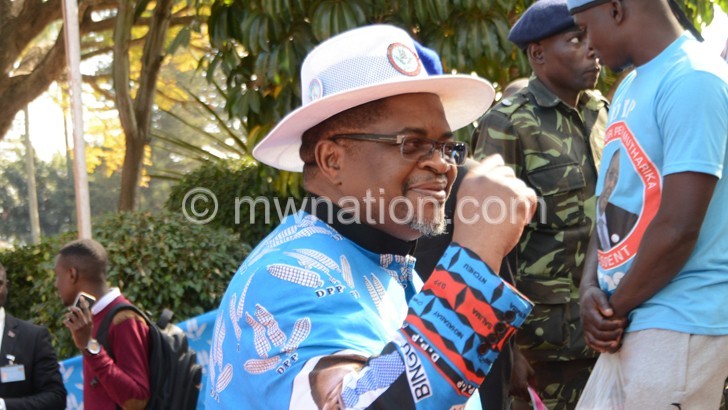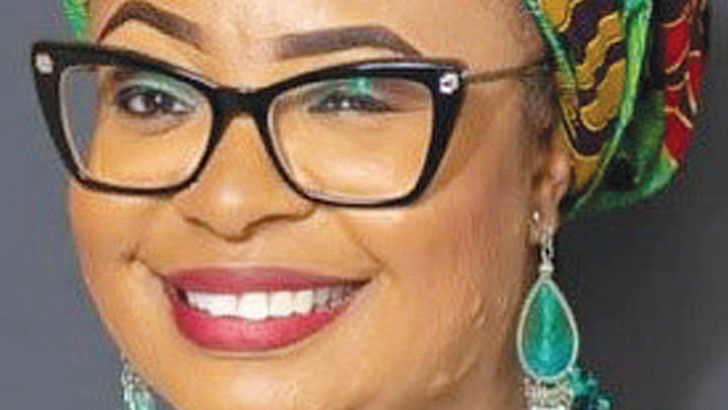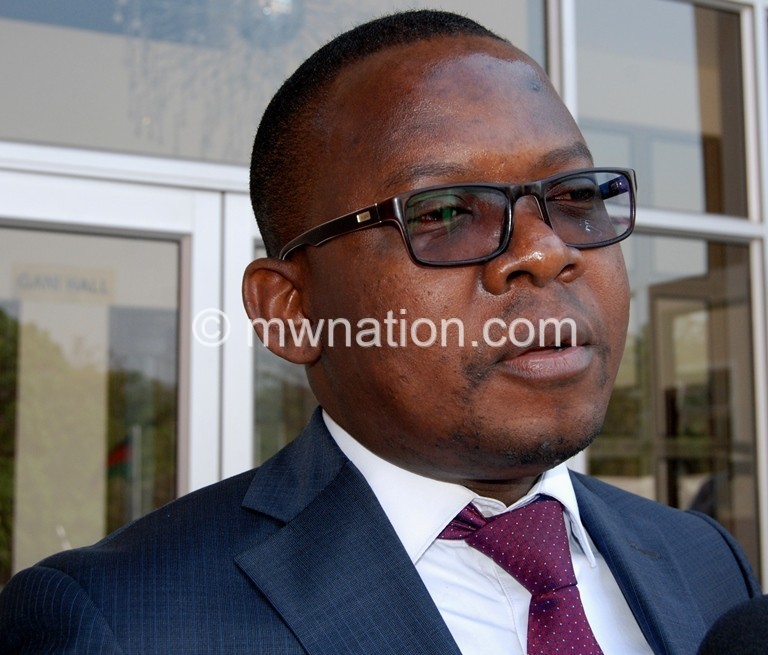Chakwera strategy draws mixed views
President Lazarus Chakwera’s proposal to incorporate oversight institutions such as the Anti-Corruption Bureau (ACB) and Malawi Human Rights Commission (MHRC) in the Presidential Task Force on Covid-19 has drawn mixed reactions.
Opposition Democratic Progressive Party (DPP) and some civil society organisations (CSOs) on Saturday feared that by involving the ACB and MHRC in the manner the President proposed, the institutions’ oversight function could be compromised.

On the other hand, the Malawi Law Society (MLS) said while it appreciated the concerns raised by DPP and others, it did not see anything wrong with the President’s proposition. This view was also shared by some private practice lawyers.
In his televised National Address on the War on Covid-19 on Sunday evening, Chakwera said he was strengthening the vigilance of the Presidential Task Force on Covid-19 by incorporating representatives of CSOs and watchdog bodies such as ACB and MHRC.
The President made the sentiments against a background of mist over the accountability of K6.2 billion allocated to the Covid-19 response last year.

Reacting to the President’s proposal, DPP spokesperson on legal affairs Bright Msaka faulted Chakwera for suggesting to include ACB and MHRC in the Presidential Task Force on Covid-19, saying the move was faulty and suspicious.
He accused the President of attempting to gag the two independent institutions.
Msaka said: “It does not work like that. We do not think that the President is being naive. We think the President is cleverly trying to create complete paralysis of the two independent institutions intended in the Constitution and in the law.
“How can a referee be a player in the same game he is officiating? How can a person be expected to chase with the hounds, and at the same time run together with the hare. How can a judge participate in an enterprise over which he later has to adjudicate upon?”

Msaka’s views were shared by the Centre for Social Transparency and Accountability whose executive director Willy Kambwandira against the inclusion of ACB into the Task Force, it will compromise the role of ACB.in an interview warned
He said: “It is not the right thing to do. The ACB will become both player and referee. It will be hard to play an oversight role. The same applies to the MHRC.”
But Kambwandira commended the President for hinting at the establishment of an oversight cluster which, he said, should incorporate the ACB and MHRC.
“The oversight cluster is a welcome move and it should include non-State actors, the private sector and public oversight bodies such as ACB and MHRC,” he said.

But National Anti-Corruption Alliance chairperson Moses Mkandawire said the ACB and MHRC can be included in the committee and still be able to provide checks.
He said what is needed now is to undertake a quick lifestyle audit of public servants to track the Covid-19 funds that are suspected to have been mismanaged.
“Without doing a proper audit, some people that might have not benefited will be victimised,” said Mkandawire.
He said that if the lifestyle audit started immediately the Tonse Alliance administration took over power last June, such abuse would have been prevented.
In a separate interview, MLS president Burton Mhango said the Law Society finds nothing wrong with the inclusion of the ACB, saying under the law, one of the primary functions of ACB is corruption prevention.
But he said there are genuine concerns that its inclusion could compromise the ACB in that it cannot effectively investigate the task force.
On the inclusion of MHRC, Mhango said the decision is questionable in that the role the State human rights watchdog will play is not clear.
“The main functions of MHRC under the Constitution are protection and investigation of human rights violations,” he said.
Writing on Facebook, lawyer Thabo Chakaka Nyirenda said the ACB has two pillars, notably corruption prevention and enforcement which relates to investigation and prosecution of corruption offences.
He said the role of the corruption prevention pillar entails nipping corruption in the bud; hence, he faulted Msaka for dwelling more on enforcement.
“He [Msaka] ignores the prevention pillars. The old adage says prevention is better than cure. Honourable Msaka has missed this,” said Nyirenda.
His views were echoed by private practice lawyer Gift Nankhuni, who backed Chakwera’s proposal, saying the corruption prevention role of ACB was set up to deal with situations as prescribed by the President.
He said: “If the officer or officers do not act according to their mandate, it will be the officers not the institution at fault. They will be the ones to be prosecuted and not the institution.”
Nankhuni added that the Corruption Prevention Department at ACB has not been given the prominence it deserves.
MHRC executive secretary Habiba Osman said the Commission will make its position on the issue by tomorrow.
On the other hand, presidential press secretary Brian Banda asked for more time before commenting on the matter. He was yet to give feedback by press time at 10pm.
The President earlier ordered reports on how the K6.2 billion for Covid-19 was used. However, the President was not impressed with the reports as some lacked backing documents on expenditures.
He feared that there was lack of seriousness in complying with the President’s directive and also that funds were mismanaged.
To help check abuse of funds, he called for inclusion of ACB and MHRC in the Presidential Task Force on Covid-19 to beef up the committee so that it operates effectively.
Facing a nation pregnant with expectation on accountability for K6.2 billion Covid-19 response funds, the President on Sunday fired technical leadership of the fight, suspended cluster heads and ordered the immediate review of government systems.
In a bid to clean up the system as a whole, Chakwera said there is need for a comprehensive review and overhaul of the three government systems of allowances, procurement and employment contracts; hence, he tasked Vice-President Saulos Chilima, in his capacity as Minister of Public Sector Reforms, alongside a special task force the two will set up, to review of these systems and submit recommendations for their overhaul within three months.





